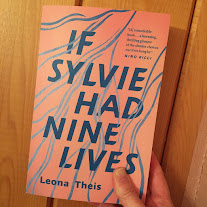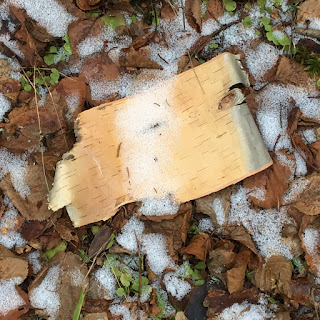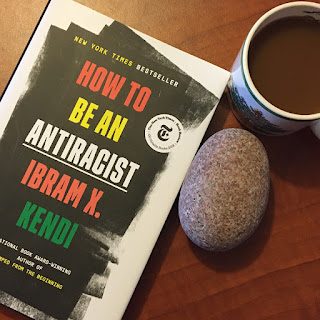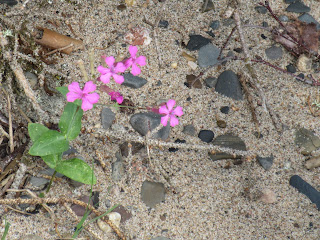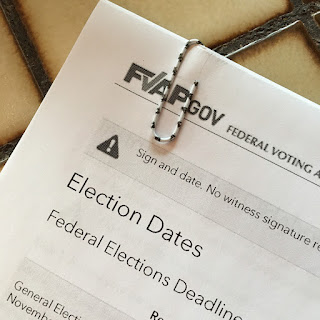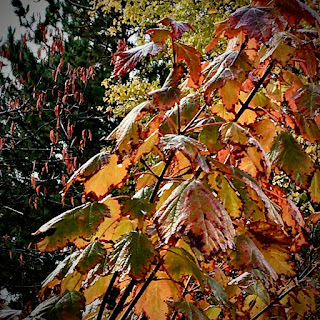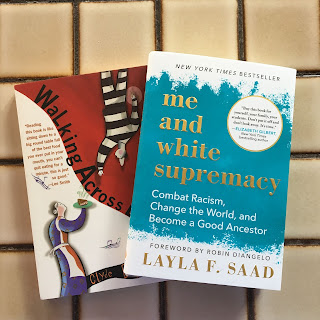Goodbye Hello

Just to the years. Not me. I'm still here. Goodbye to 2020. Hello to 2021. Here's a random photo, the earliest I downloaded in January last year. No, my name is not Beth, but that's what I tell people when they're making me fancy coffee drinks. It's easier to spell, nobody feels impatient or stupid, and I don't have to drink out of a cup meant for Marianne, Maureen, Maran, etc. Ah, Beth, we could never have predicted 2020. Let's do all we can to make 2021 a good year. Think about the people whose work we've deemed "essential": caring for our health, and the health of our elders. Stocking grocery shelves and packing grocery orders, growing and harvesting and packaging food, driving the trucks that bring it closer to us, cooking it and bringing it to our homes. Doing all of those same things for prescription drugs. Keeping networks and systems generally functioning so we can connect virtually. We owe them so much. We can pay them back both i
